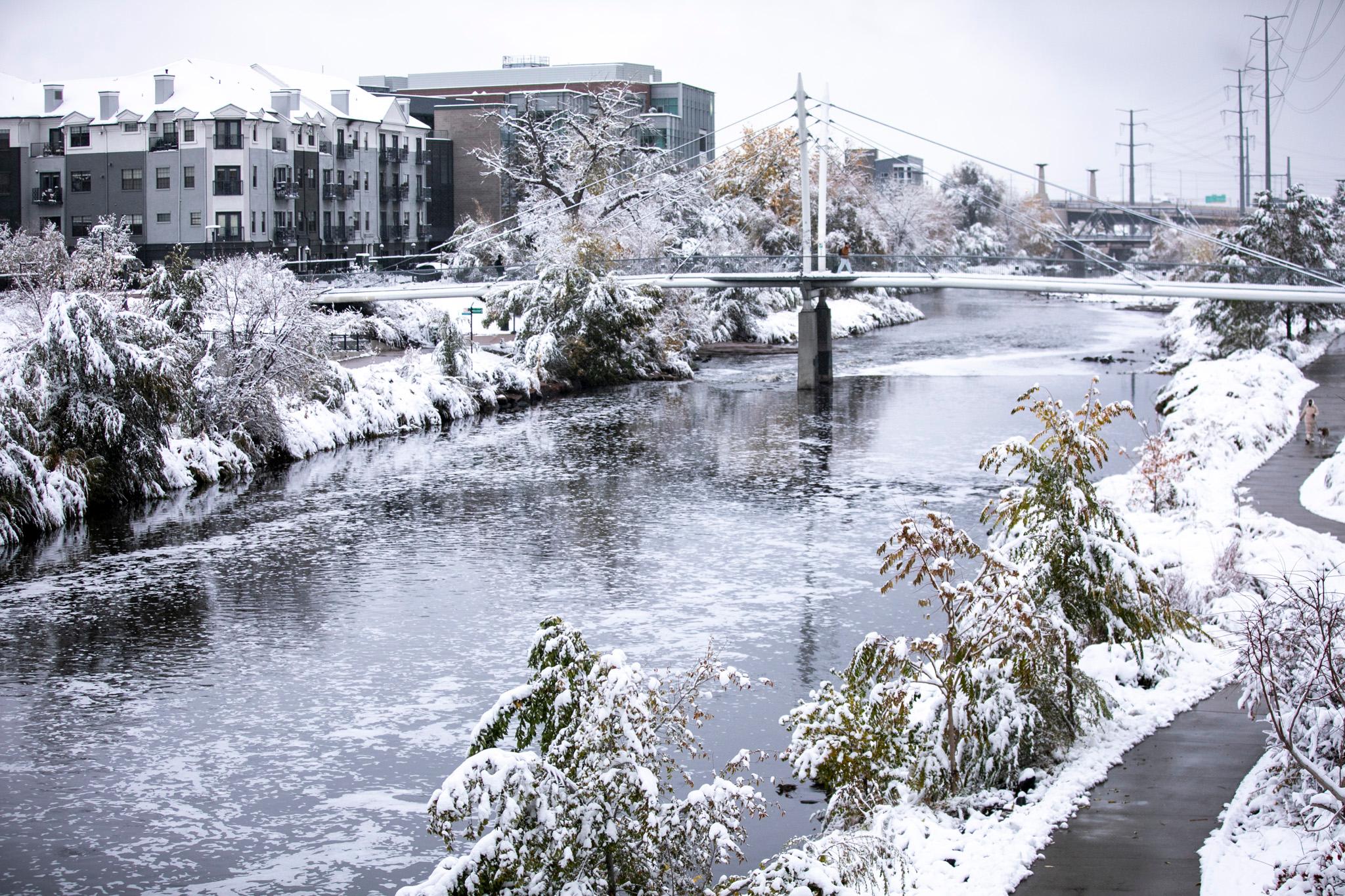The Colorado Department of Transportation Commission voted unanimously to approve $1 million to help preserve the Southwest Chief rail line in southern Colorado. It's part of a route that stretches from Chicago to Los Angeles.
The aging track needs major upgrades or Amtrak will have to reroute the line out of Colorado and parts of New Mexico and Kansas. The train stops in Lamar, La Junta and Trinidad, in southeastern Colorado.
Republican state Senator Larry Crowder of Alamosa tried to get money for the track during the state's legislative session, but his efforts failed there because of competing priorities in the state budget. He calls the Southwest Chief line critical.
"The long-term goal, or the vision, is to pull all this together and create a transportation that would benefit not only southern Colorado but the rest of the state," says Crowder.
Crowder says he didn't expect the 11-member transportation commission to vote unanimously to allocate the $1 million.
"I'd run some legislation on this and it did not pass, so this was basically our last resort."
Colorado, led by La Junta, along with Kansas and New Mexico, is applying for a federal transportation grant to help repair the track, but it requires local matching funds. Last year, the project won 12.5 million dollars, but Colorado didn't contribute as a state. La Junta city manager Rick Klein drove to Denver to testify at the commission meeting. He's been trying for several years to save the track. He says it was time for Colorado to step up to the plate, especially because Kansas committed $3 million last year.
"I've been real nervous because we have so much other funds that are being leveraged and they were waiting, some of them, on this vote to make sure that Colorado was in," says Klein.
Klein says with Colorado's $1 million commitment, Kansas has agreed to put in that amount this year. New Mexico is also planning to add local matching funds. Klein calls it a victory for America, a country that he says was built on great rail. Klein believes there's currently a shift happening away from cars.
"That's the way the nation is going," says Klein. "People, especially in your bigger cities like Boston, New York, Philadelphia, Chicago, they can't afford to have a garage and a car. So, mass transit is their link to the rest of America, and if we want the tourists and we want growth, we have to be part of that link too."
For many riders, the train is also a fun way to travel. 68-year-old Robert Rynerson lives in Denver and came to testify at the hearing. He says he rides the Southwest Chief about four times each year. Rynerson says he's met a lot of interesting people over the years, from a Bolivian diplomat to a Hollywood actress. He has Parkinson's disease and says it's also a good way to see the country's geography.
"I don't think it should be held tight for people that are young and out there hiking or bicycling. I think it ought to be available to senior citizens also."
Supporters of the Southwest Chief say preserving the line is simply the first step. They'd eventually like to expand it to include stops in Pueblo, Alamosa, and Walsenberg. But federal funding for Amtrak is always hotly debated, and competition for the grants is high. The latest federal grant is due in early June. By fall, Colorado will know whether it secured the next $20 million or more. Amtrak and Burlington Northern Santa Fe Railway, the freight carrier that owns the track, are also contributing money.









